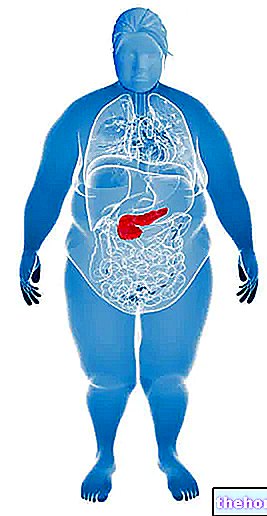Hepatitis B
Hepatitis B is an infectious disease caused by the HBV virus, which affects the liver in an acute or chronic way (the chronic form is widespread especially in those who contract the virus at the time of birth).
About one third of the world's population is infected with the HBV virus, including 240-350 million chronic cases.

The disease is widespread above all in Eastern Asia and Sub Saharan Africa, where between 5 and 10% of adults become chronic. The incidence rate in Europe and North America is less than 1% and is decreasing due to the adoption of mandatory vaccination prophylaxis (an obligation that has existed in Italy since 1991).
After the infection, in the initial phase, many people have no symptoms while others develop symptoms characterized by: vomiting, jaundice, fatigue, dark urine and abdominal pain (for about two weeks - acute hepatitis disorders rarely lead to death). In the chronic phase there are no symptoms but fatal complications such as cirrhosis and liver cancer can develop (15-25% of chronic cases).
















.jpg)











